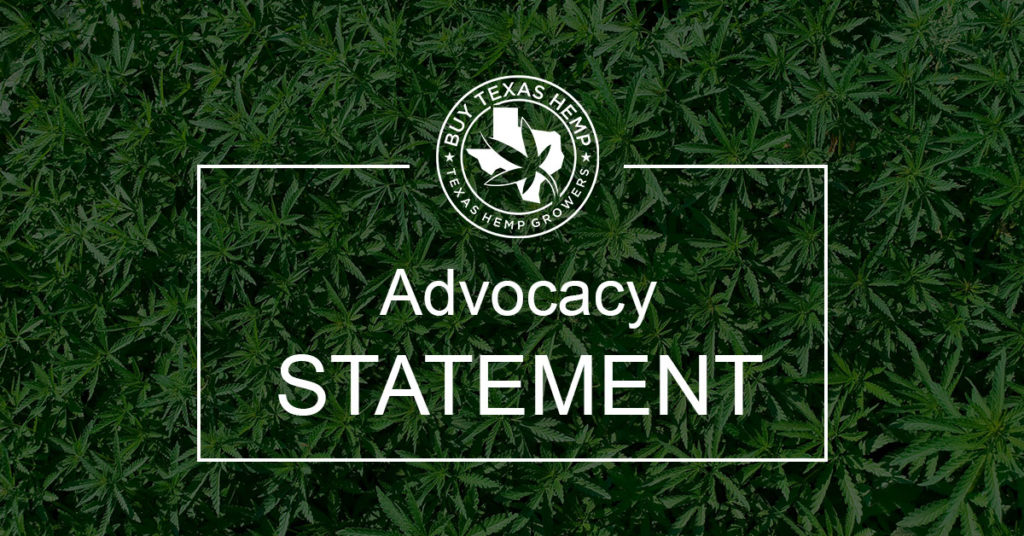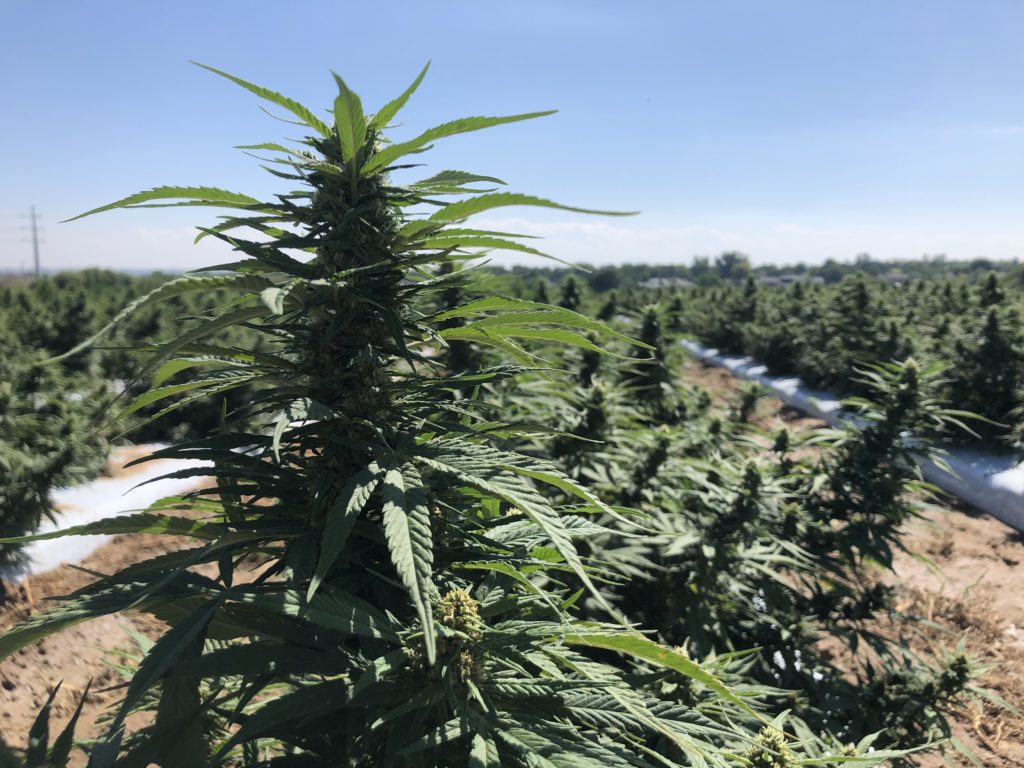CBD regulation alludes Congress as it hears from industry

Creating a regulatory pathway forward for cannabidiol (CBD) and hemp-derived products was the subject of a congressional hearing that took place on Thursday afternoon.
The Subcommittee on Health Care and Financial Services, chaired by Rep. Lisa McClain (R-MI), received feedback from industry stakeholders on the Food and Drug Administration’s (FDA) regulation, or lack thereof, of CBD products.
The failure of the FDA to provide a regulatory pathway for legal CBD products was a point of concern for all members. Chairwoman McClain highlighted that five years of inaction by the FDA has resulted in the proliferation of intoxicating and falsely labeled products.
Last year, the FDA convened an internal working group to explore how it might regulate CBD as a dietary supplement or food additive. Unfortunately, the FDA concluded that its existing frameworks, which would regulate such a compound, were insufficient for CBD. Consequently, it stated that Congress must provide a new framework.
While resolving the FDA stalemate seemed to be an issue of bipartisan concern, the parties were divided on the best approach. Most Republicans on the committee opposed expanding the FDA’s role and believed that the authority had already been designated in the 2018 Farm Bill. In contrast, several Democrats expressed support for creating a new framework through congressional action.
Jonathan Miller, general counsel for the U.S. Hemp Roundtable, testified before the committee. He disagreed with the FDA’s safety assessment of CBD, noting that the FDA relies on limited clinical studies using abnormally high doses of CBD to support its claims that the compound is unsafe. Miller suggested that the FDA provide a path forward for CBD and stated he does not oppose the creation of additional regulations if necessary.
Dr. Rayetta Henderson, of ToxStrategies, provided witness testimony refuting some of the FDA’s fervent claims about adverse effects on reproductive and developmental health. Her company, which offers scientific consulting services, recently published a peer-reviewed manuscript studying the effects of oral ingestion of CBD isolate over a time period in a specific breed of rat. In her testimony, she noted that CBD was “well tolerated” following repeated consumption up to 140 milligrams per kilogram of body mass per day. Dr. Henderson added that there were no adverse effects on reproductive or developmental processes in the exposed rats.
The committee also heard testimony from Richard Badaracco, a former special agent with the DEA and current president of the Kentucky Narcotic Officers Association. His testimony focused on the delta-8 and THC isomer markets, which he said have been allowed to flourish due to a lack of federal regulation. Badaracco stated that self-regulation is insufficient and called on Congress to exclude THC isomers from the market and establish packaging guidelines prohibiting advertising that appeals to children.
Lastly, the committee heard from Dr. Gillian Schauer, the executive director of the Cannabis Regulators Association. Like Badaracco, her testimony targeted high-THC products that have proliferated across the market. However, she also expressed concerns about high THCa and 0.3% delta-9 THC products in her testimony. She pointed out that federal law allows these products to contain more THC than some state cannabis programs, and that these products were attractive to minors. She called for Congress to address these concerns.
Following the testimony, committee members asked mainly loaded questions and provided their own feedback on the issue. However, no action resulted from the hearing. Chairwoman McClain concluded the hearing by reaffirming her opinion that the FDA already has the authority to regulate CBD.
“If the FDA can’t do its job, then perhaps we ought to consider defunding them. But the pathway already exists,” she said before thanking the witnesses and closing the hearing.





